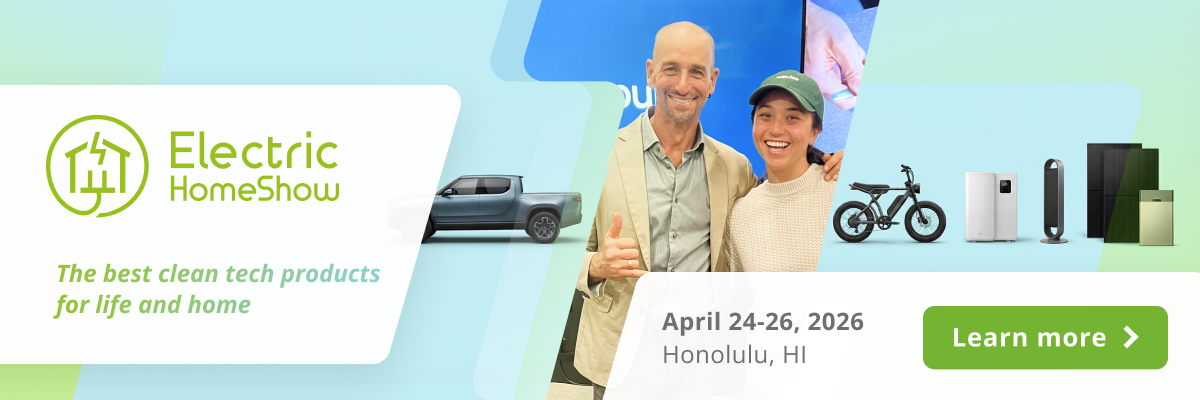Uber Orders 24,000 Self-Driving SUVs From Volvo
Support CleanTechnica's work through a Substack subscription or on Stripe.
Or support our Kickstarter campaign!

This story about Uber and self-driving cars was first published by Gas2.
In the summer of 2015, Travis Kalanick, the boy-child founder of Uber, told Elon Musk if Tesla could build 500,000 self-driving cars, his company would buy them all. This was before Tesla began producing its first Model S sedans equipped with its Autopilot semi-autonomous driving system. Musk brushed off Kalanick at the time (and later indicated after much questioning that Tesla might be planning an Uber-like service itself), but Uber has been pursuing self-driving technology ever since and has made Pittsburgh the hub of its autonomous car research and testing.

Last spring, a rumor surfaced in the German press that Uber had agreed with Mercedes to buy 100,000 self-driving versions of that company’s S Class sedan for delivery in 2020. Now, TechCrunch is reporting that Uber has struck a deal with Volvo to purchase 24,000 self-driving XC90 SUVs beginning in 2019.
The Volvo cars will be equipped with autonomous driving systems developed by Uber and integrated into the XC90s at the Volvo factory. Uber has been using the Volvo XC90 — a large and comfortable SUV — for its driverless testing in Pittsburgh and in Phoenix, Arizona. The contract, which runs from 2019 through 2021, is valued at $1.4 billion at today’s exchange rates.
“The automotive industry is being disrupted by technology and Volvo Cars chooses to be an active part of that disruption,” Chief Executive Officer Hakan Samuelsson told Bloomberg. “It’s a new market that’s emerging and we’re the first to be delivering into that segment.”
The news from Uber follows closely on the heels of an announcement from Waymo that it will soon begin offering autonomous taxi service to Phoenix-area residents. Waymo has partnered with Chrysler, which is modifying its Pacifica Hybrid minivans to accept self-driving systems developed by Waymo over the past 8 years.
Waymo and Uber are still locked in a bitter dispute about what, if any, technology was appropriated by former Waymo engineer Anthony Levandowski on his way out the door. Waymo alleges in a lawsuit that some of that information wound up in Uber’s self-driving systems, particularly the LIDAR technology Waymo relies on for its autonomous systems.
It’s unclear at this point if Uber is buying plug-in hybrids or gasoline versions of the cars on order. The models they’ve selected do have PHEV trims. Most people probably assume the self-driving cars of the future will be powered exclusively by batteries but that is not the case for now. Let’s hope Uber at least chose the PHEV options.
Plug-in hybrids may be nearly ideal for most private car owners, as they have enough range for the majority of daily driving needs. That means those infernal combustion engines will be used only rarely. But an autonomous taxi is expected to be in service throughout most of the day and night. There will be little time for recharging and no one inside to plug in a charging cable. Therefore, it is safe to assume these cars will be burning gasoline all day, every day.
That’s hardly good news for climate advocates who expect autonomous cars to make the transportation sector more green. On the other hand, the battery electric cars available today probably don’t have enough range to be in constant service unless improvements in wireless charging are made.
Perhaps the best that can be said is that plug-in hybrids will help people get comfortable with the idea of riding in self-driving cars. Once fully electric cars are available, the transition from plug-in hybrid to fully electric should be seamless. Most people probably won’t even notice the difference. But the message for Uber drivers is clear: Keep your resumé up to date. Your tenure with the company may be short lived.
Support CleanTechnica via Kickstarter

Sign up for CleanTechnica's Weekly Substack for Zach and Scott's in-depth analyses and high level summaries, sign up for our daily newsletter, and follow us on Google News!
Have a tip for CleanTechnica? Want to advertise? Want to suggest a guest for our CleanTech Talk podcast? Contact us here.
Sign up for our daily newsletter for 15 new cleantech stories a day. Or sign up for our weekly one on top stories of the week if daily is too frequent.
CleanTechnica uses affiliate links. See our policy here.
CleanTechnica's Comment Policy
